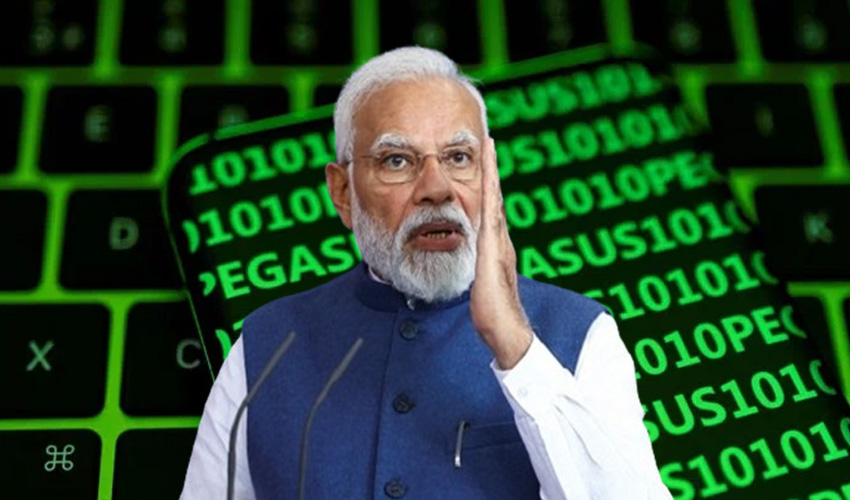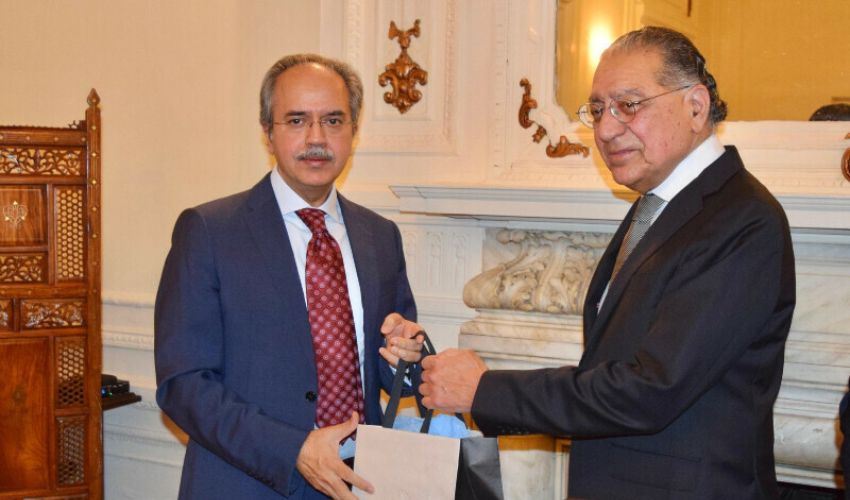In recent days, the Modi government in India has been implementing significant reforms on a large scale to curb anti-state statements and false news. These reforms are aimed at incorporating new aspects into Indian laws to address online communication against the state more effectively.
Under the newly enacted Telecom Act, the government gains the authority to block or restrict messages from mobile operators and internet service providers without requiring court approval.
Additionally, the government can now demand that messages be provided in "decrypted form," a move seen as an attempt to exert control over encryption systems, such as those used in apps like WhatsApp, which protect the confidentiality of messages.
Seen in this context, India has consistently taken measures to prevent anti-state statements, issuing 2,799 orders to block websites in 2018, and the number increased to 6,775 in 2022. The recent legislative changes further tighten regulations on expressing opinions online in India.
In light of these new laws, expressing dissenting views online in India has become increasingly challenging. According to a survey by the CSDS Think Tank, 65% of respondents in India refrain from posting anti-state opinions online due to the fear of legal consequences.
The question arises as to why similar legal measures are not being implemented in Pakistan to curb anti-state statements, where the dissemination of false propaganda and baseless news against the state and state institutions has become a common occurrence.
Taking legal action against those spreading false statements against the state could be a necessary step in Pakistan.



























